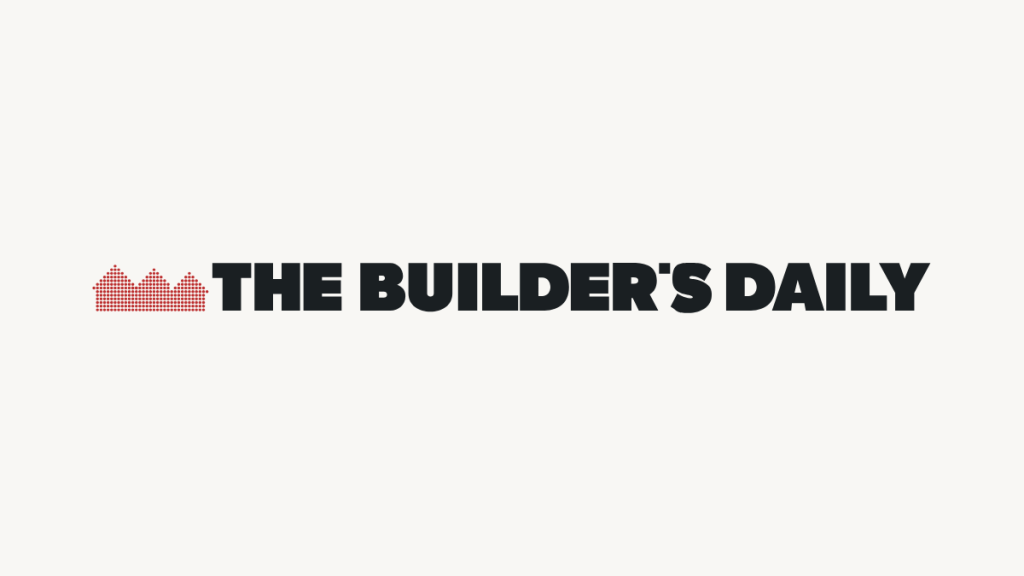As housing affordability continues to dominate political agendas, state legislatures attempting to encourage once-ubiquitous starter homes face stiff resistance from local governments that fear losing control over zoning.
Lawmakers have been trying to neutralize or circumvent zoning rules and regulatory hurdles at the local levels that drive up costs and stall new construction, heeding calls for relief to give first-time homebuyers a fighting chance.
State after state has repeatedly tried to make building housing easier. Florida is on its third iteration, and California continues to peck away with more legislation, for example.
Arizona, a state that experienced a glut of homes during the Great Recession, has struggled to build fast enough recently.
To meet demand, it has tried for the past two years to pass the “Arizona Starter Homes Act.”
The legislation restricts municipalities from imposing many design and development standards, such as minimum lot sizes, home sizes, and aesthetic requirements, on new single-family homes, aiming to make it easier and more affordable to build housing.
The bill would allow the home buyer to choose how they want to build their home and how they want it to look, not some unelected government bureaucrat,” State Sen. Shawna Bolick, the bill’s sponsor, said on the Senate floor in March.
The bipartisan bill made it to Gov. Katie Hobbs’s desk last year, but she vetoed it. This year, it has stalled in the state legislature.
The biggest impediment: Arguments from the League of Arizona Cities and Towns that the legislation would lead investors to buy and rent those homes.
While supporting the need for more affordable housing, the organization, like similar ones around the country, advocates for its 91 member cities and towns to retain total control over their zoning.




